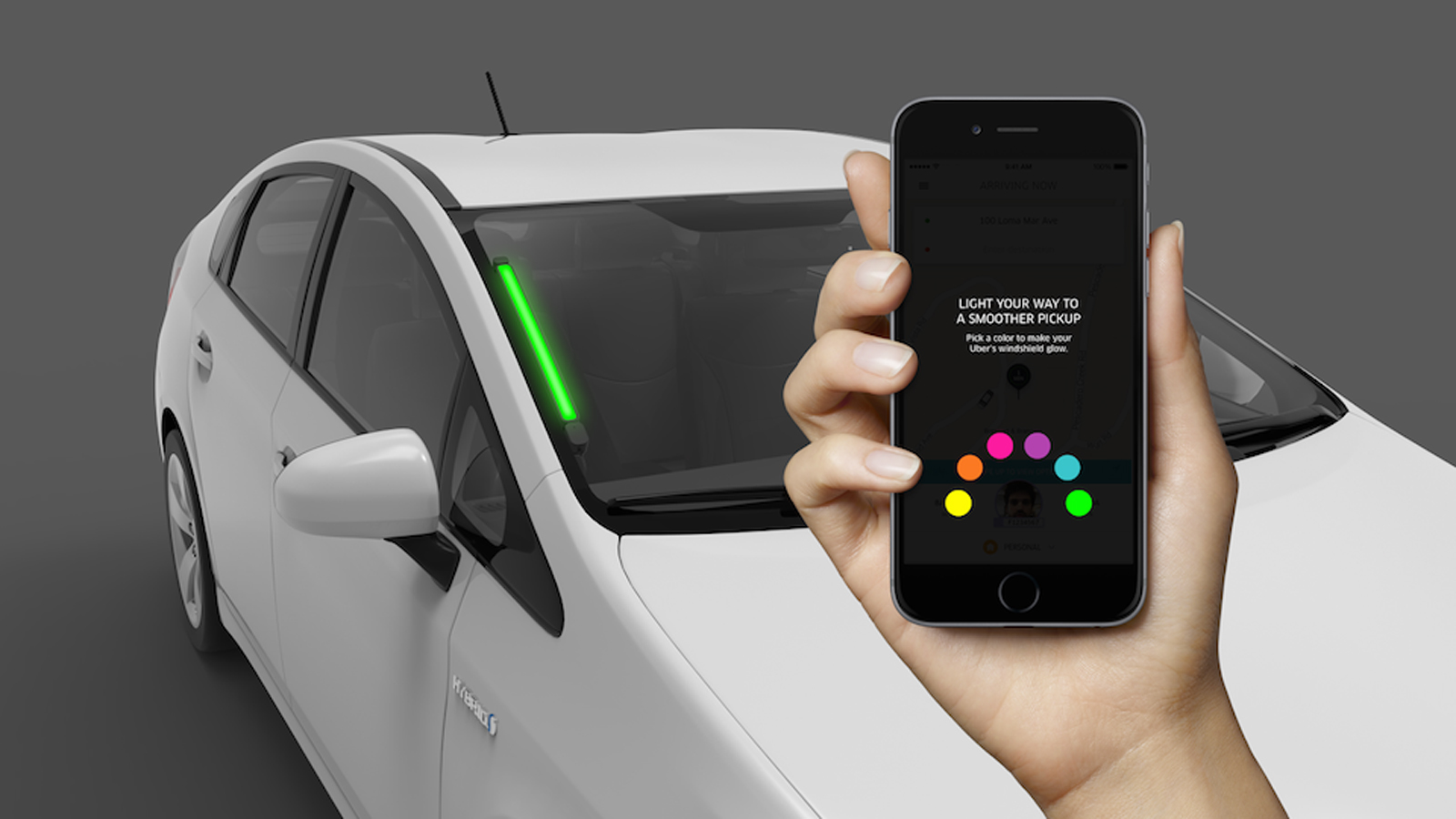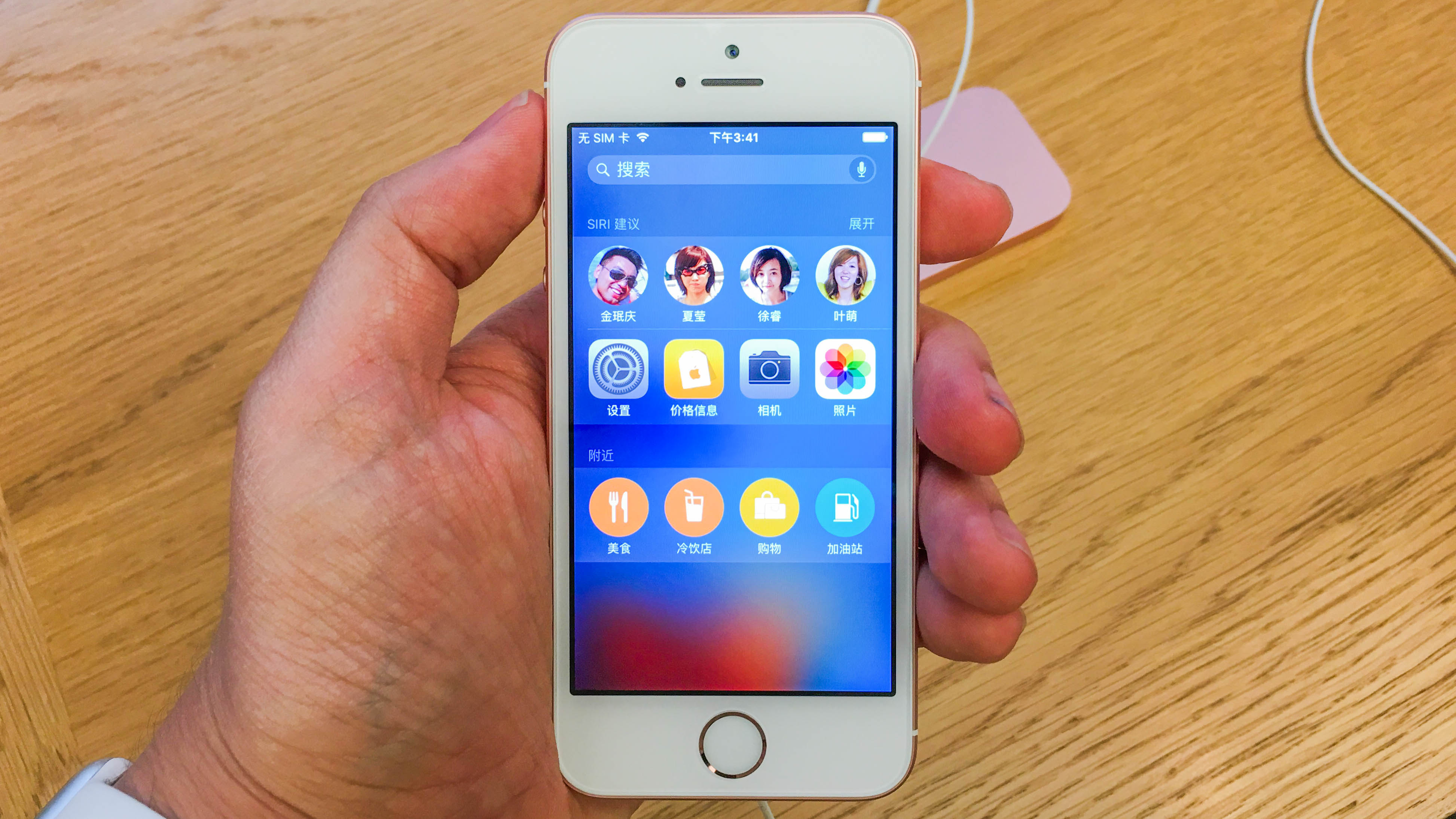What's Apple driving at with the $1bn Didi deal?
This investment was certainly a surprising move by Apple

Last Friday Apple announced that it had invested $1 billion (around £700 million, AU$1.4 billion) in Didi Chuxing, a Chinese ride-sharing service that is comparable to Uber in the United States.
The investment is a surprising move for Apple, which usually shies away from making big public announcements unless it's a big acquisition – like Beats – or a new product, like an iPhone. The company does of course make investments, but generally on a much smaller scale and without the pronouncements in public, which then stir the curiosity of the press and its rivals.
Of course, when it comes to Apple, a billion bucks is not actually that much money. The company has about $230 billion (around £160 billion, AU$315 billion) in cash and marketable securities, much of which is held outside the US, and generates about $4 billion (around £2.8 billion, AU$5.5 billion) in profits on a monthly basis on the low-end.
But the nature of the deal got the technology world's attention and pits Apple against Uber, the most valuable privately held company in the world, while also being a pretty curious move to make.

Strategic reasons
The motivations behind the deal, which came together in a period of just a few weeks, are mostly unclear. Apple CEO Tim Cook told Reuters that the company is "making the investment for a number of strategic reasons" including a fresh look at China, which is one of Apple's key markets, but did not elaborate beyond that.
The last financial quarter, which ended in April, was generally bad news for Apple as its revenues declined for the first time in 13 years. iPhone sales, the lynchpin of Apple's business, have stagnated for unknown reasons, even to company executives, and no new product seems to be on its way.
Nonetheless, the easiest way to kick-start iPhone sales is to reinvigorate the Chinese market, which Apple has only just recently entered. Sales, however, were down over 20% last quarter – greater than any other market – which means there is something Apple doesn't getabout the country.
Are you a pro? Subscribe to our newsletter
Sign up to the TechRadar Pro newsletter to get all the top news, opinion, features and guidance your business needs to succeed!
Whether the investment in Didi Chuxing will solve that is up for debate, but Cook also said that the company expects to see a "strong return for our invested capital over time as well," so the investment isn't totally about the iPhone in China.
Alibaba angle
While the deal is different in size and circumstance, parallels could be drawn to Yahoo's investment in Alibaba, the Chinese e-commerce conglomerate, which has also turned out to be fantastically lucrative. Apple likely didn't base its decision on what Yahoo did or does, but it shows a deal can be profitable if done right.
The $1 billion (around £700 million, AU$1.4 billion) investment is not for a known percentage of Didi, which is valued at about $20 billion (around £14 billion, AU$27.5 billion), but it does open Apple up to millions of taxi customers. Didi is, for all intents and purposes, the Chinese version of Uber. According to the company, its service is used for over 11 million rides a day, which is around 87% of the total market for private car hire in China.
- 1
- 2
Current page: Introduction and strategic reasons
Next Page Shifting to services and car considerationsMax Slater-Robins has been writing about technology for nearly a decade at various outlets, covering the rise of the technology giants, trends in enterprise and SaaS companies, and much more besides. Originally from Suffolk, he currently lives in London and likes a good night out and walks in the countryside.